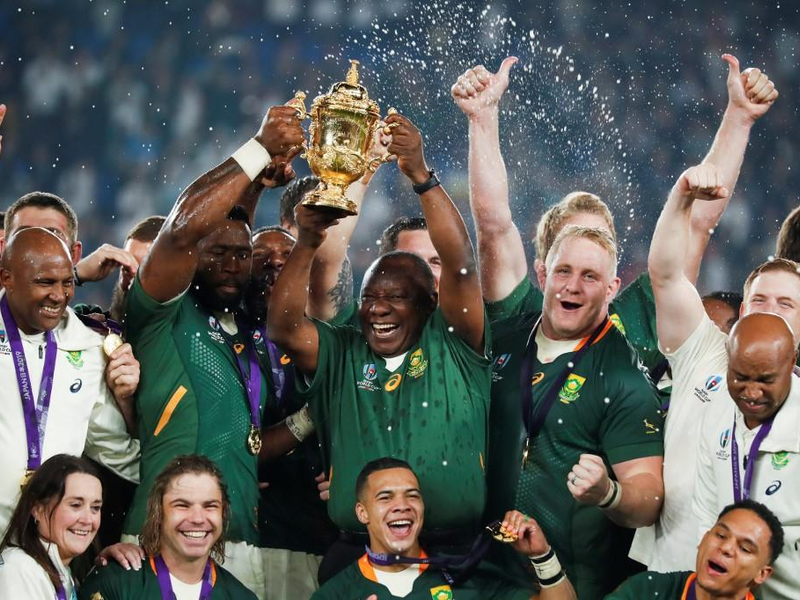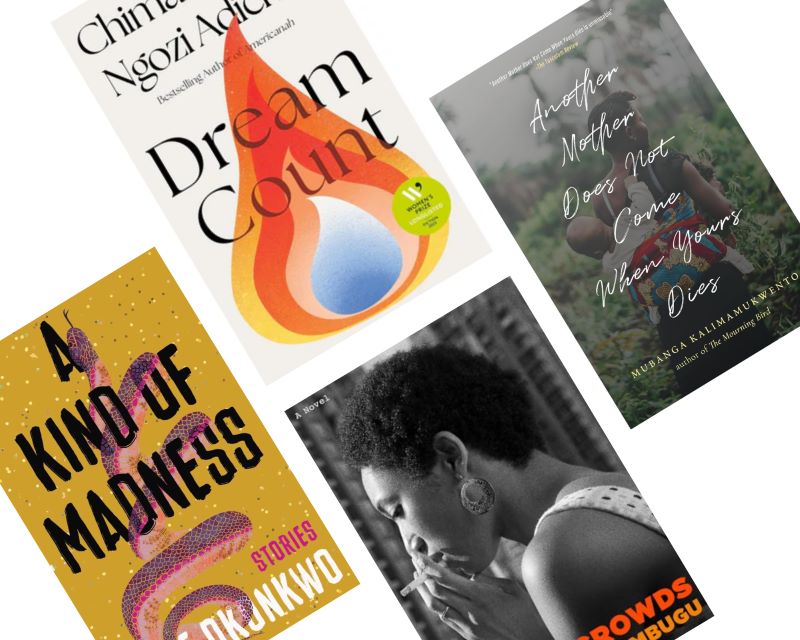South Africa has a long and fascinating history with rugby, deeply rooted in its national identity. It is a demanding physical game that requires incredible strength, stamina, and skill. Rugby has been played in South Africa since the early 1800s and has been a popular sport among Black and white South Africans.
Rugby was first introduced to South Africa by British soldiers stationed there. The soldiers would play the game during their free time and quickly gained a following among the local population. Rugby soon became a popular sport among all classes of society in South Africa.
Today, rugby is still one of the most popular sports in South Africa. All levels of society play rugby, from the grassroots to the professional level. The Springboks are still among the best teams in the world and are renowned for their passionate fans.
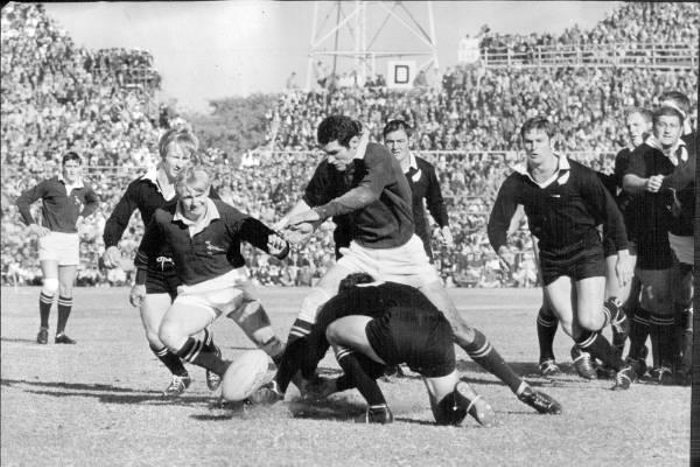
19th Century Origins of Rugby in South Africa
Rugby in South Africa originated in the 19th century when British settlers introduced the game. It quickly became popular among the white settlers and later spread to the indigenous people. The game was initially played between teams from different settlements but soon developed into a more organized sport with provincial and national competitions.
Rugby became widely known as a “gentleman’s game”, which taught values such as fair play and discipline. However, it also became associated with racism and segregation, and people used it to reinforce white supremacy.
Despite its troubled history, rugby is now one of the most popular sports in South Africa, enjoyed by people of all races. The national team, known as the Springboks, is a source of great pride for many South Africans and has won multiple world championships. Rugby became a symbol of unity and social cohesion in South Africa.

20th Century Growth & Expansion of Rugby in South Africa
Rugby in South Africa originates in the British public schools of the 19th century. The game was introduced to the country by soldiers, settlers and missionaries and quickly took hold in the townships and rural areas.
The sport increased in popularity, and by the early 20th century, rugby was firmly established as the national game. The sport governing body formed the first official rugby union in 1891, and the first national team played its first test match against New Zealand in 1903.
Since then, rugby has gone from strength to strength in South Africa. The country has produced some of the greatest players in the game’s history and has won multiple World Cups. Today, rugby is a central part of South African culture and continues to thrive domestically and internationally.
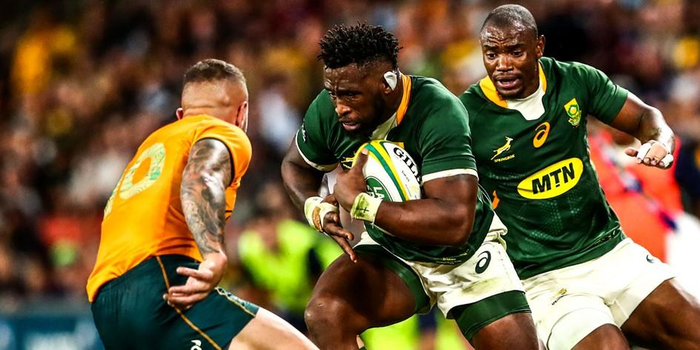
21st-Century Evolvement of Rugby in South Africa
Rugby in South Africa has evolved significantly since its humble beginnings in the 19th century. Rugby is widely played and enjoyed by many.
Today, rugby is one of the most popular sports in South Africa, with millions of people playing or watching the game every year. The sport has also produced some of the country’s biggest sporting stars, including Springbok legends like Joost van der Westhuizen, Bryan Habana and John Smit.
The 21st century has seen a renewed interest in rugby in South Africa, with the country hosting several major international tournaments, including the Rugby World Cup (in 2007 and 2019) and the British & Irish Lions tour (in 2009). Rugby has increased participation levels at all game levels, from grassroots to professional.
South African rugby has a firm position, with world-class facilities and players. The future looks bright for this country’s sport, and it will continue to grow and evolve in the years to come.
Impact of Rugby on South African Society
The game of rugby has often been used to unite people of different races and backgrounds. During the Apartheid era, for example, freedom fighters used rugby to bring together blacks and whites in a deeply divided country along racial lines. In more recent years, rugby has continued to play an essential role in promoting social cohesion in South Africa.
The sport has also significantly impacted South Africa’s economic development. Millions of fans worldwide follow the country’s top rugby teams, and they generate substantial revenue through ticket sales, merchandise sales, and broadcast rights fees. This money helps to fund other essential aspects of South African society, such as education and healthcare.
Role Models & Players Who Shaped the Game
Rugby is a physical and demanding sport that requires a great deal of athleticism and strength. Many players have shaped the game over the years.
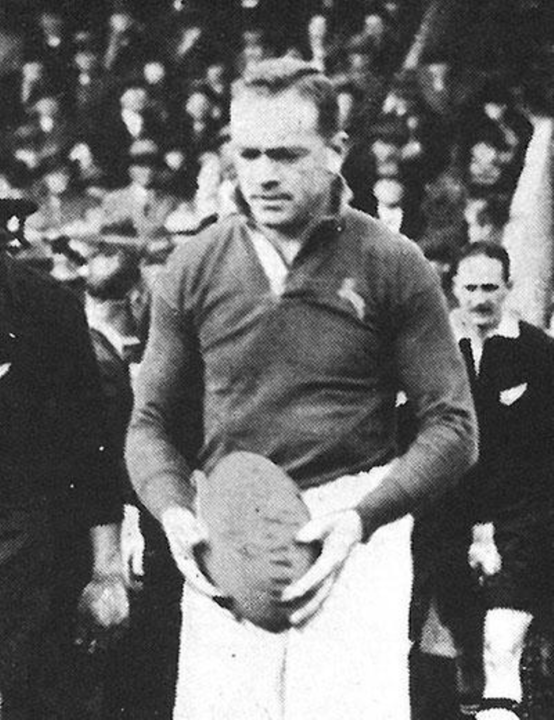
Danie Craven is considered one of the most influential figures in South African rugby history. He was an instrumental part of the Springboks team that won back-to-back Rugby World Cups in 1995 and 2007, and he also served as the South African Rugby Union president for many years. Craven was a skilled player and tactician, and his contributions to the game are still felt today.

Frik du Preez was another key player in South Africa’s history, and he is credited with helping to develop the country’s trademark style of play. Du Preez was a powerful scrum half known for his aggressive running style. He was part of the legendary Springbok team that won the 1995 Rugby World Cup and continued to play at a high level until his retirement in 2003.

Joost van der Westhuizen is another player who significantly impacted South African rugby. Van der Westhuizen captained the Springboks to Rugby World Cup glory in 1995 and was renowned for his physicality and leadership qualities. He is also credited with popularizing the ‘dump tackle’, which is still seen as one of the most effective defensive techniques in the game today.

Bryan Habana is another South African player highly respected in the rugby community. A speedy winger, Habana has won numerous awards throughout his career, including being named I.R.B. Player of the Year in 2007. His ability to outpace defenders and score spectacular tries has made him one of the most recognizable players in the world of rugby.
These men are just a few examples of how certain players have shaped the game of rugby over time. It’s important to remember that many others have impacted how we play and understand the sport, so be sure to take some time to appreciate their contributions as well!
Rugby has a long and fascinating history in South Africa, which is still being written today. From its humble beginnings to its current status as the country’s most popular sport, rugby continues to be a source of pride for many South Africans. Although there have been some tumultuous times along the way, it has ultimately created a fantastic sense of unity among all people in the nation and helped build bridges between cultures. Rugby will always remain close to the hearts of those living in South Africa and continue to bring them closer together through their shared love of this great game.

Immanuel Burns Johnson is a young and dedicated social media personnel. He was born, raised and schooled in Lagos, Nigeria. His hobbies include traveling, sports, political criticism and mobile games like C.O.D.M. Apart from these; he is also interested in skydiving and aeronautics. He is skilled in web coding and has a trait of hard work. This has helped him become successful in his field at a young age.

